$250,000 to Support Center for Child Counseling
The Board of Trustees of Quantum Foundation, under the leadership of Mrs. Donna Mulholland, recently approved eight new grants totaling more than $800,000 to nonprofits based in Palm Beach County.
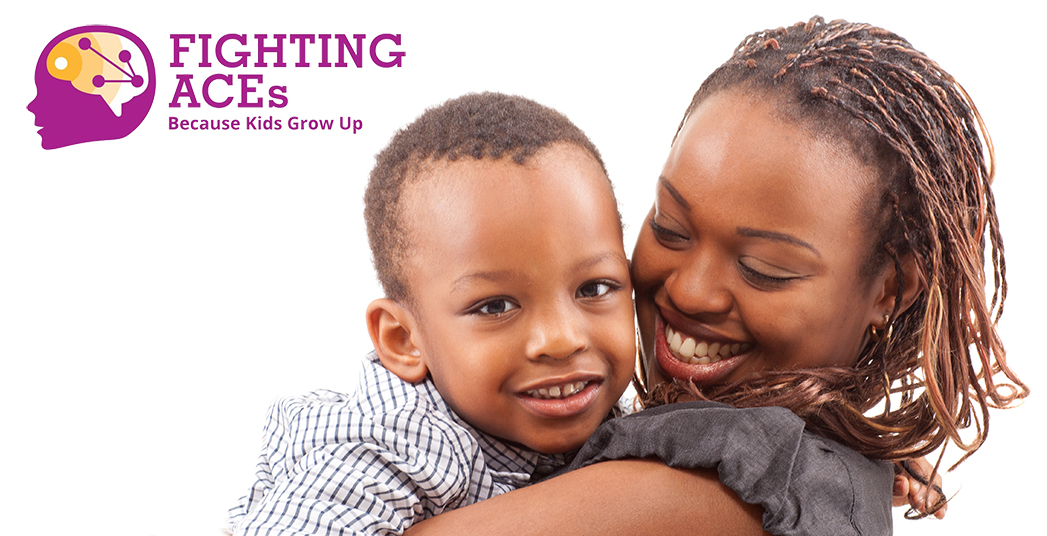 Of the eight grants awarded this cycle, Quantum Foundation allocated $250,000 to the Center for Child Counseling (CCC) for the organization's work with ACEs (Adverse Childhood Experiences). CCC is considered the leader in ACEs and Trauma Informed Training and is driving the conversation on ACEs in Palm Beach County. The grant will help support staff positions to provide educational workshops, training and consultation for teachers, caregivers and professionals about ACEs, trauma, and integration of effective strategies to promote buffers and lifelong health for babies and young children.
Of the eight grants awarded this cycle, Quantum Foundation allocated $250,000 to the Center for Child Counseling (CCC) for the organization's work with ACEs (Adverse Childhood Experiences). CCC is considered the leader in ACEs and Trauma Informed Training and is driving the conversation on ACEs in Palm Beach County. The grant will help support staff positions to provide educational workshops, training and consultation for teachers, caregivers and professionals about ACEs, trauma, and integration of effective strategies to promote buffers and lifelong health for babies and young children.
ACEs are situations where a child faces some sort of trauma or stress. They are associated with abuse, neglect and household dysfunction. Nearly half the children in the United States have experienced at least one ACE indicator, while one in 10 have experienced at least three traumatic events. Most of these adverse situations arise from economic hardship, violence, drugs and mental illness.
“We believe in funding programs focusing on ‘whole health’ and the wellness of the community,” said Eric Kelly, president of Quantum Foundation. “The Center for Child Counseling is an innovative organization and an agent of change. Organizations like this are a great match for our vision. We are pleased to fund this program to make Palm Beach County a better place to live.”
This grant continues Quantum’s support of CCC. “We are so grateful to Quantum for helping us lead the fight against ACEs and the lifelong effects that can follow,” said Renée Layman, CEO at CCC. “Children interpret experiences differently and we know that unless they’re able to process those experiences - especially adverse ones - in a constructive way, the result can be a lifetime of mental and physical health issues. In recent years, scientific research has shown that adverse experiences and trauma affect not only mental health but the physiological development of a young child’s brain.”
If a child scores high on the ACEs scale, counselors like those at CCC can start them on a healing journey that can dramatically improve their future mental and physical health. To learn more about ACEs, CCC’s work, or to take the quick, anonymous 10-question ACEs test, visit: www.centerforchildcounseling.org/about-us/fightingACEs. Join the conversation using #FightingACEs.

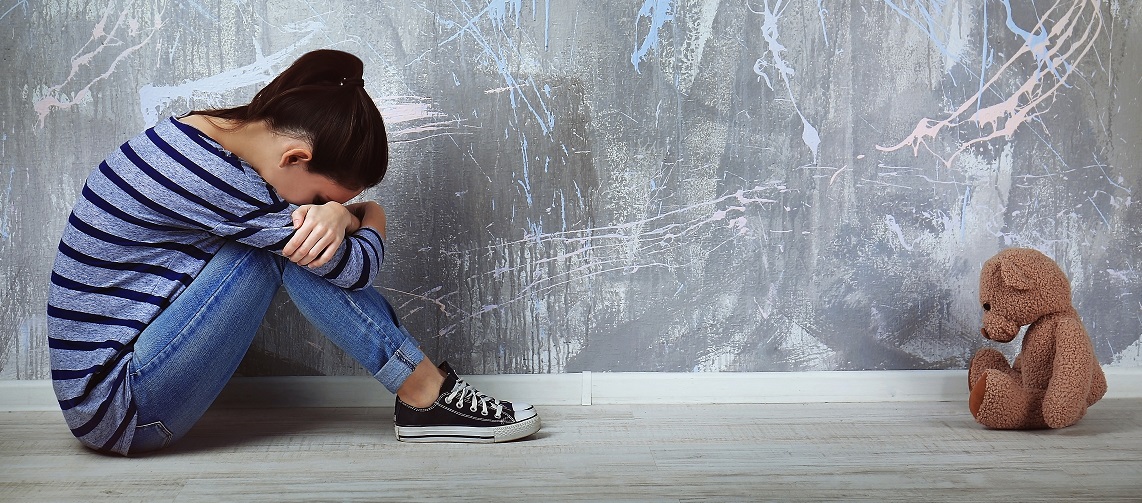
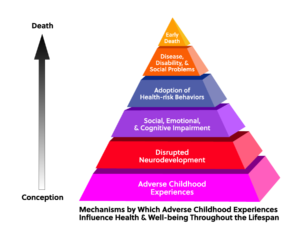
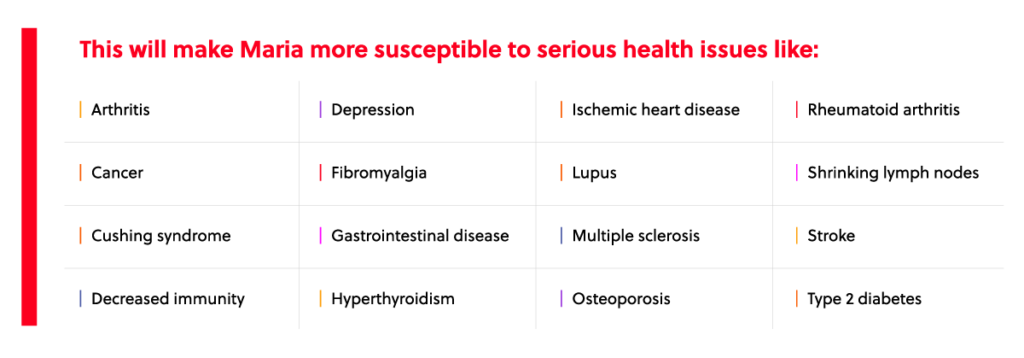
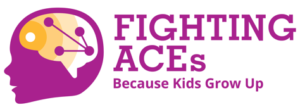
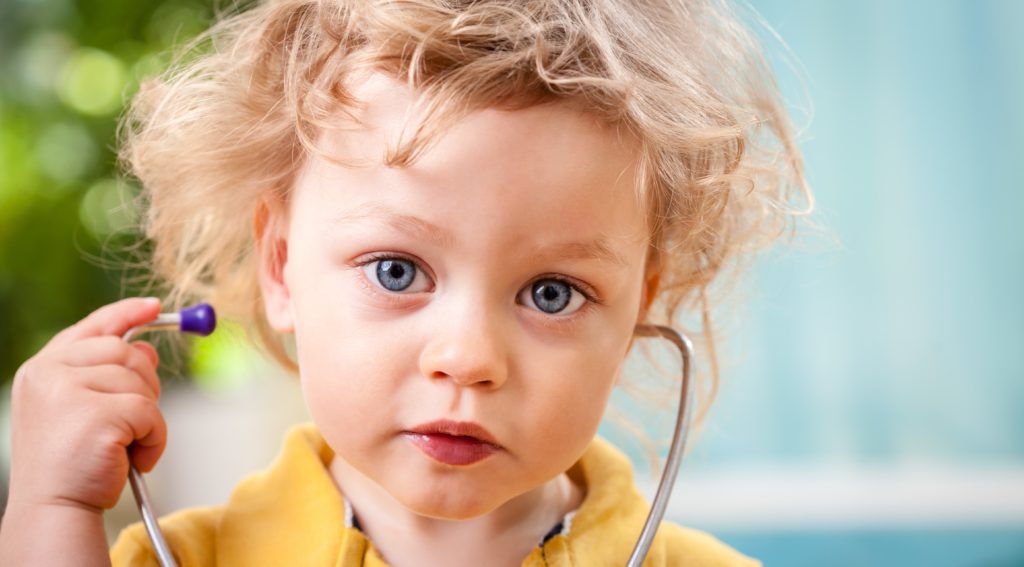

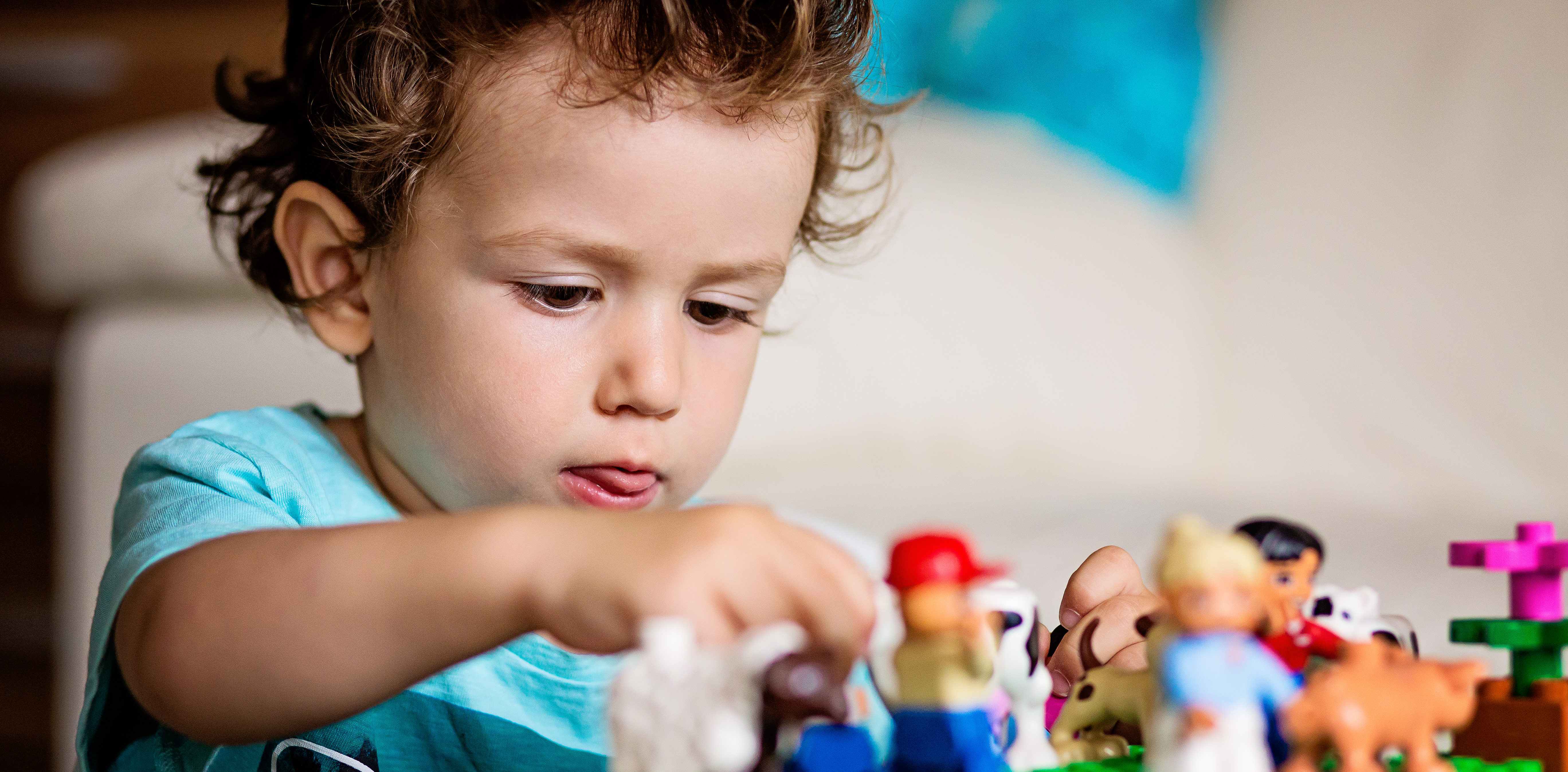
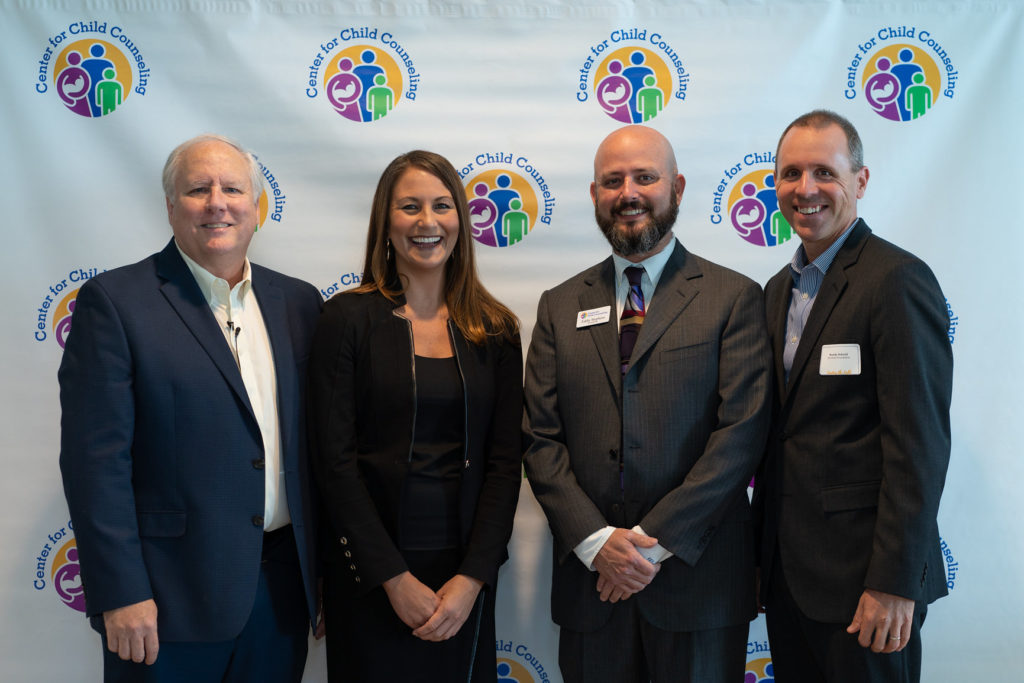
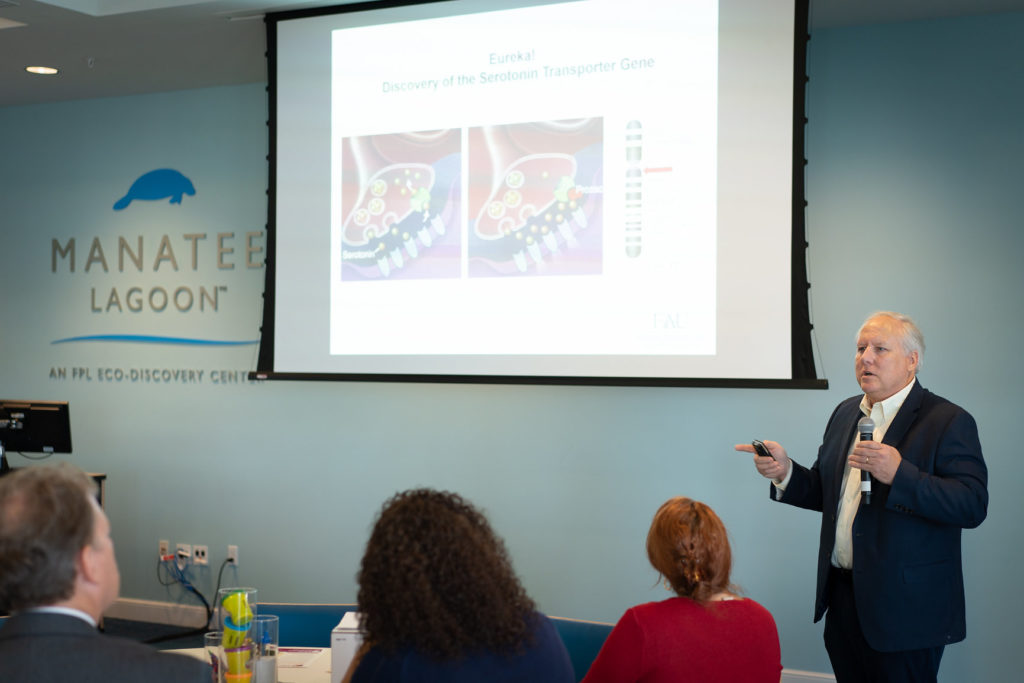 The event’s keynote speakers from the
The event’s keynote speakers from the 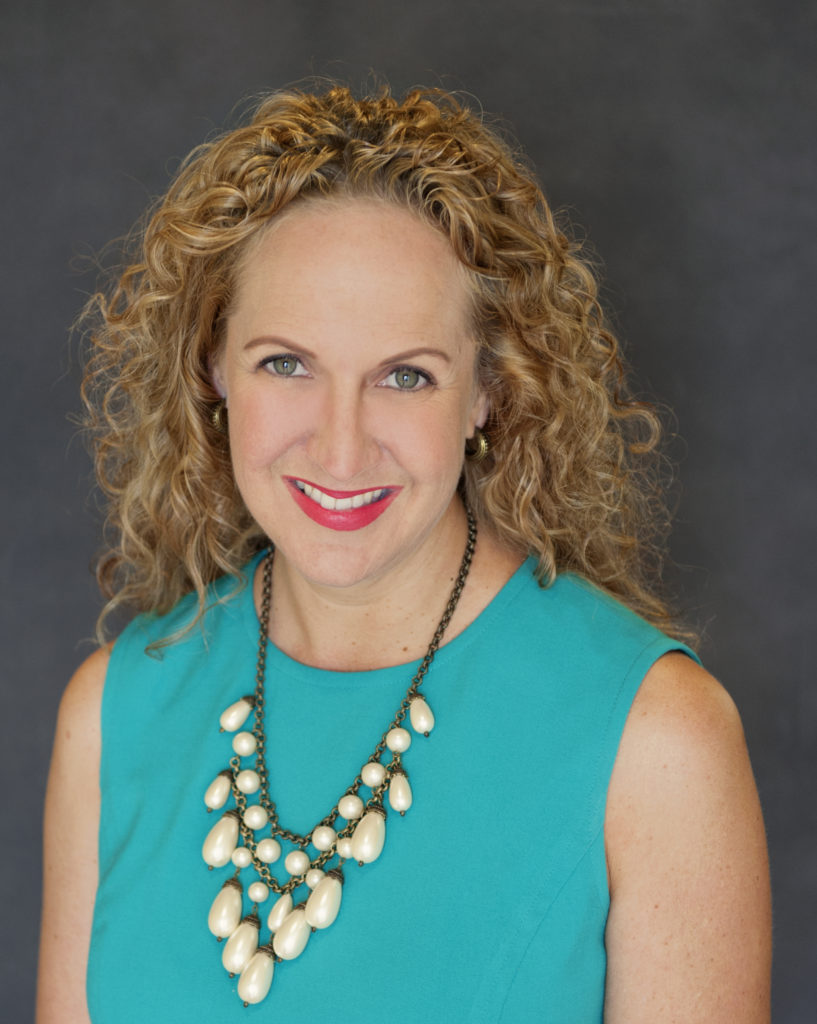 We are pleased to announce that Kerry Jamieson has joined our team as Director of Community and Public Relations! Kerry was born in Durban, South Africa and received an undergraduate degree in English and History from the University of Miami and a postgraduate qualification in screenwriting from UCLA.
We are pleased to announce that Kerry Jamieson has joined our team as Director of Community and Public Relations! Kerry was born in Durban, South Africa and received an undergraduate degree in English and History from the University of Miami and a postgraduate qualification in screenwriting from UCLA. We are pleased to anounce that Dr. Jennifer Konsker, pediatrician, has joined the Board of Directors at Center for Child Counseling.
We are pleased to anounce that Dr. Jennifer Konsker, pediatrician, has joined the Board of Directors at Center for Child Counseling.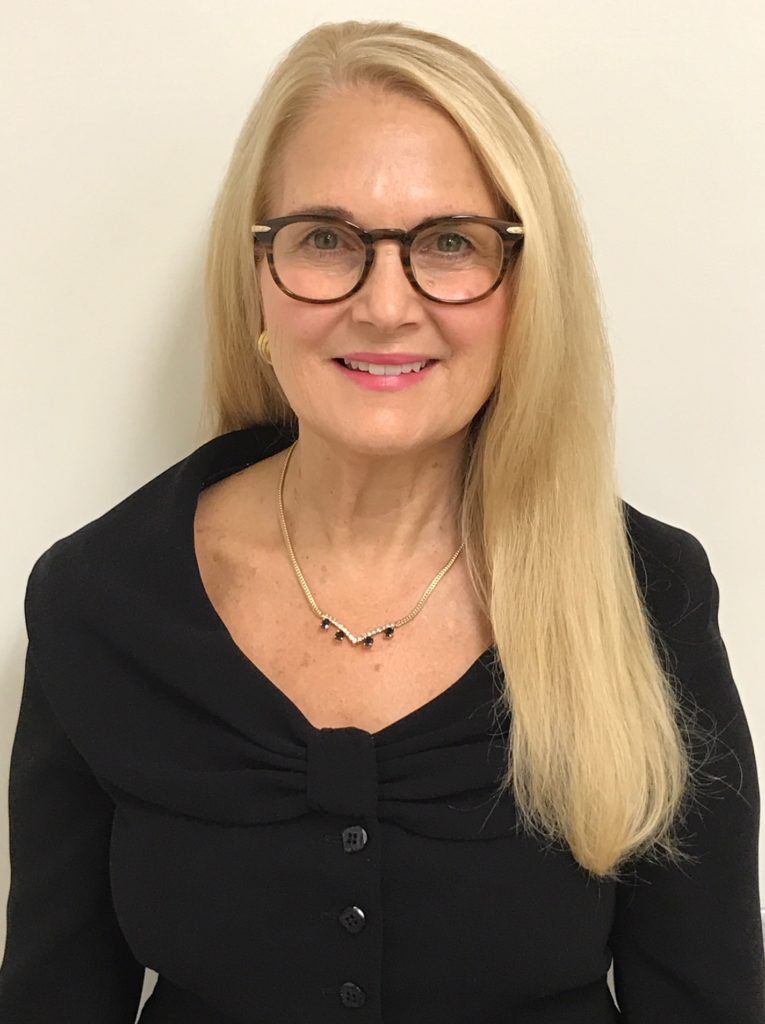 Director and Audit Committee Chairwoman, Madeline Morris, MBA/CPA is a seasoned professional with a 40-year proven track record of assisting clients. Her areas of focus have been in the enhancement of Corporate Governance, designing and implementing effective risk focused reporting, regulatory, compliance and internal control policies and processes. She is a recently retired Managing Director from
Director and Audit Committee Chairwoman, Madeline Morris, MBA/CPA is a seasoned professional with a 40-year proven track record of assisting clients. Her areas of focus have been in the enhancement of Corporate Governance, designing and implementing effective risk focused reporting, regulatory, compliance and internal control policies and processes. She is a recently retired Managing Director from 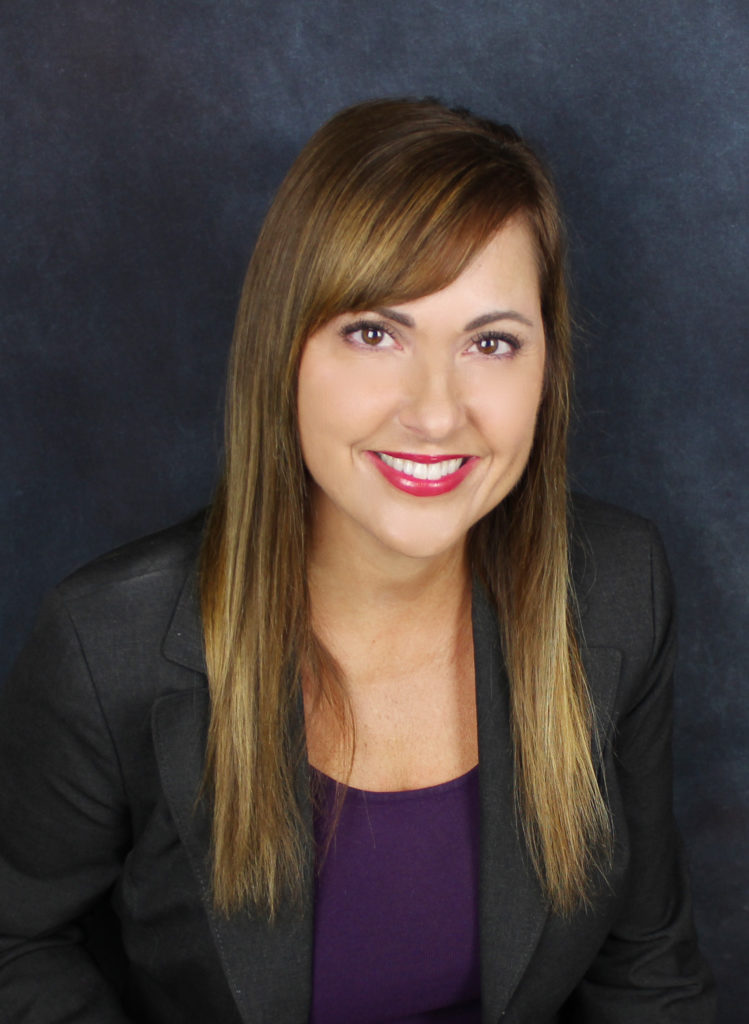 Director, Jennifer Hume Rodriguez has been in the banking industry for over twenty-three years. She grew up in Malvern, PA a suburb of Philadelphia and attended Penn State University where she received a BA in Liberal Arts. Upon graduating college in 1989, Jennifer chose to move to Florida, first to Jacksonville and then to the West Palm Beach area in 1990. She has been a resident of Palm Beach County for twenty-seven years.
Director, Jennifer Hume Rodriguez has been in the banking industry for over twenty-three years. She grew up in Malvern, PA a suburb of Philadelphia and attended Penn State University where she received a BA in Liberal Arts. Upon graduating college in 1989, Jennifer chose to move to Florida, first to Jacksonville and then to the West Palm Beach area in 1990. She has been a resident of Palm Beach County for twenty-seven years.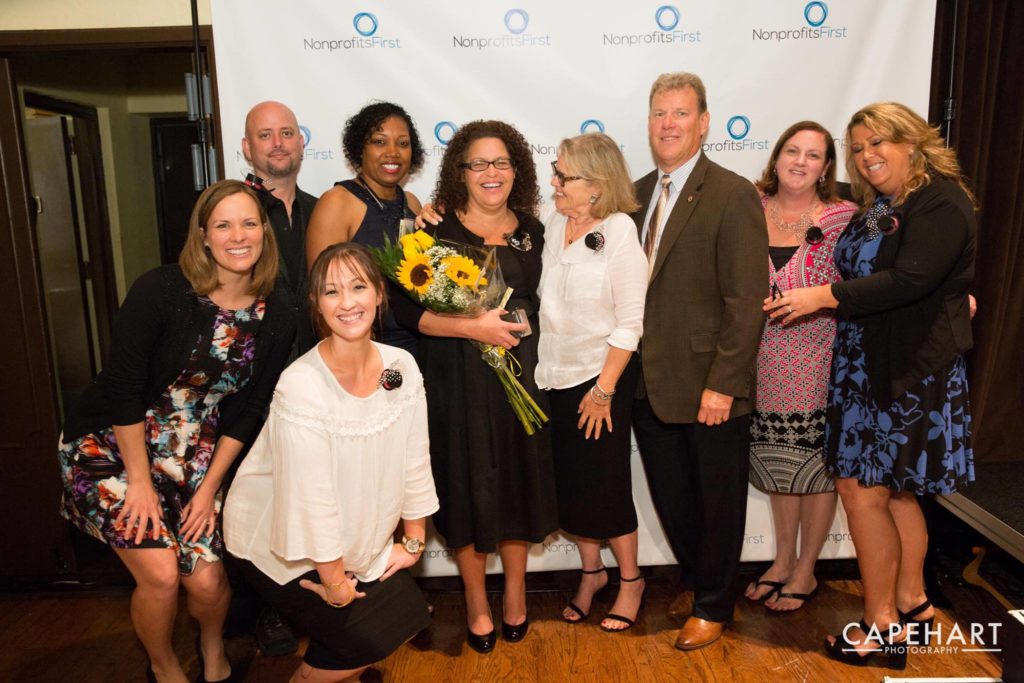 The award honored an executive “whose distinguished achievements have resulted in significant progress toward improving a community issue.” They must also be recognized by their peers as a leader in the sector, demonstrating excellence in leadership and management, and inspiring others to achieve meaningful, measurable, and sustainable results. During her acceptance speech, Ms. Layman touched on the increased demand for the services that Center for Child Counseling provides to at-risk children in the Palm Beach County area: “Unfortunately, there’s so much need in our community, so we continue to provide innovative and evidence-based programming to meet the needs . . . we love what we do.” Center for Child Counseling is filling critical gaps in the services for at-risk children in our community. Under her leadership over the past year, Center for Child Counseling has provided direct services for over 3,000 children – and trained over 3,500 professionals in the educational, medical, and childcare sectors.
The award honored an executive “whose distinguished achievements have resulted in significant progress toward improving a community issue.” They must also be recognized by their peers as a leader in the sector, demonstrating excellence in leadership and management, and inspiring others to achieve meaningful, measurable, and sustainable results. During her acceptance speech, Ms. Layman touched on the increased demand for the services that Center for Child Counseling provides to at-risk children in the Palm Beach County area: “Unfortunately, there’s so much need in our community, so we continue to provide innovative and evidence-based programming to meet the needs . . . we love what we do.” Center for Child Counseling is filling critical gaps in the services for at-risk children in our community. Under her leadership over the past year, Center for Child Counseling has provided direct services for over 3,000 children – and trained over 3,500 professionals in the educational, medical, and childcare sectors.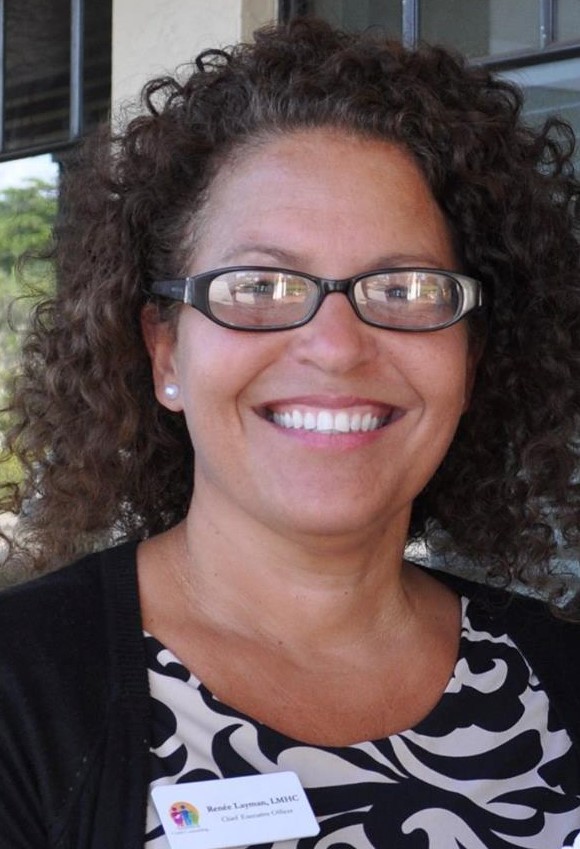 2018 Cornerstone XXXVI class!
2018 Cornerstone XXXVI class!